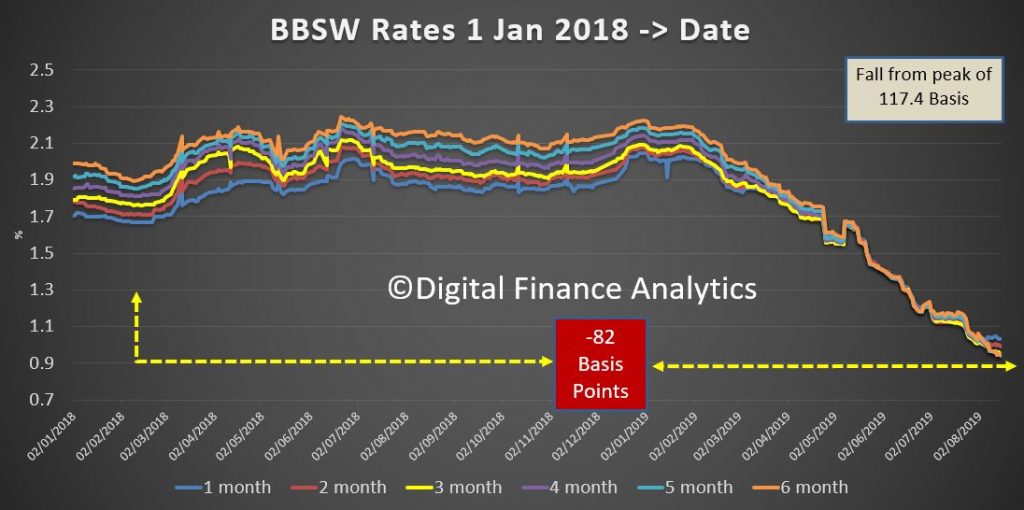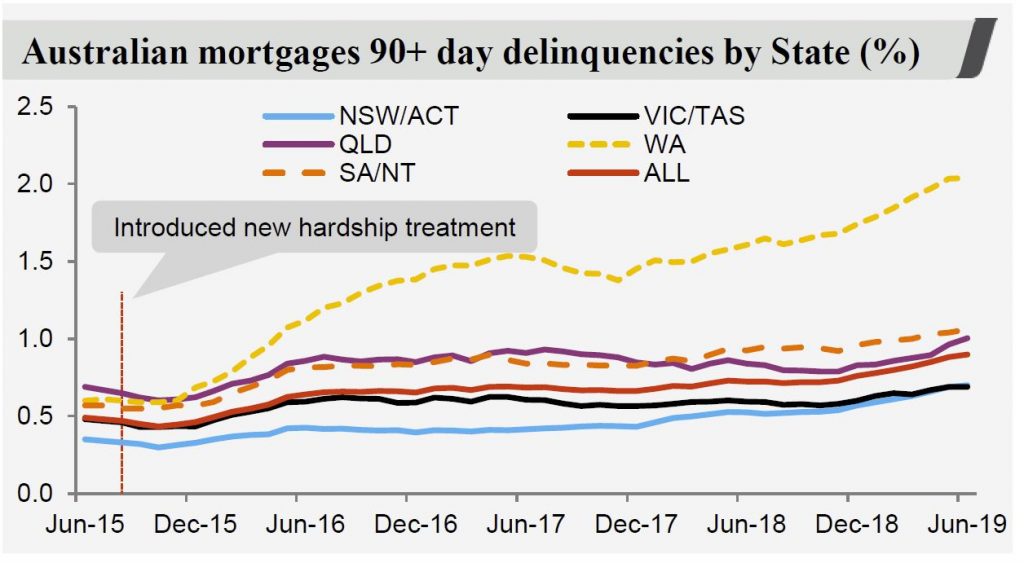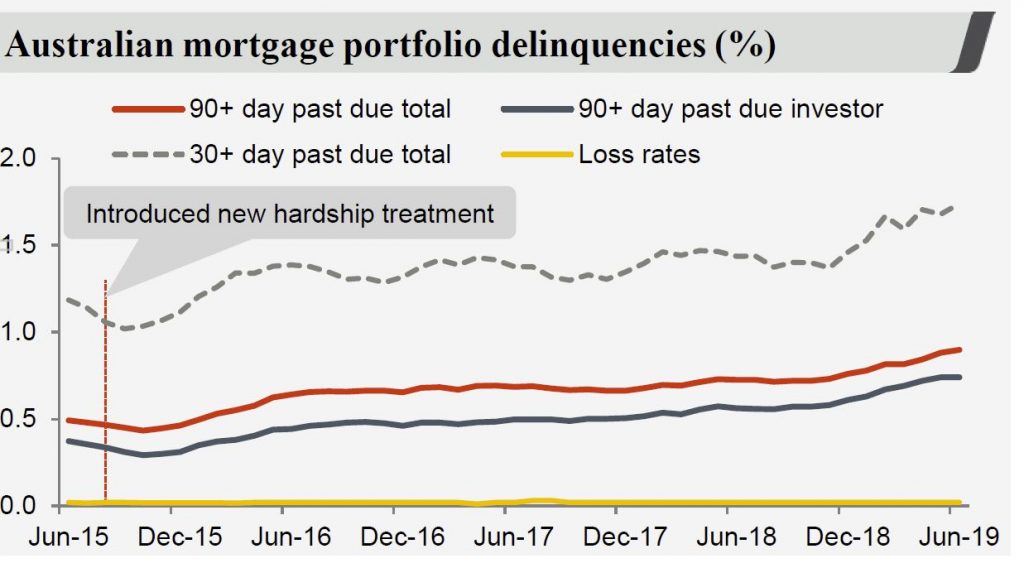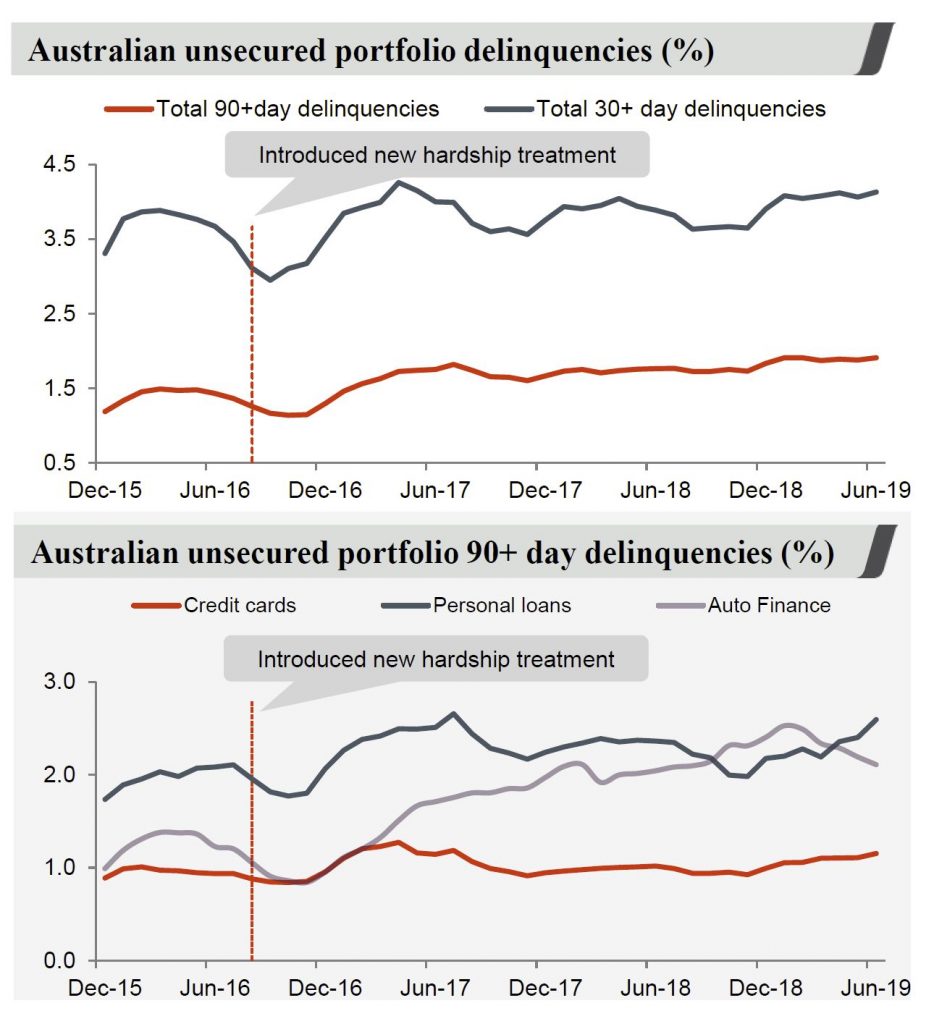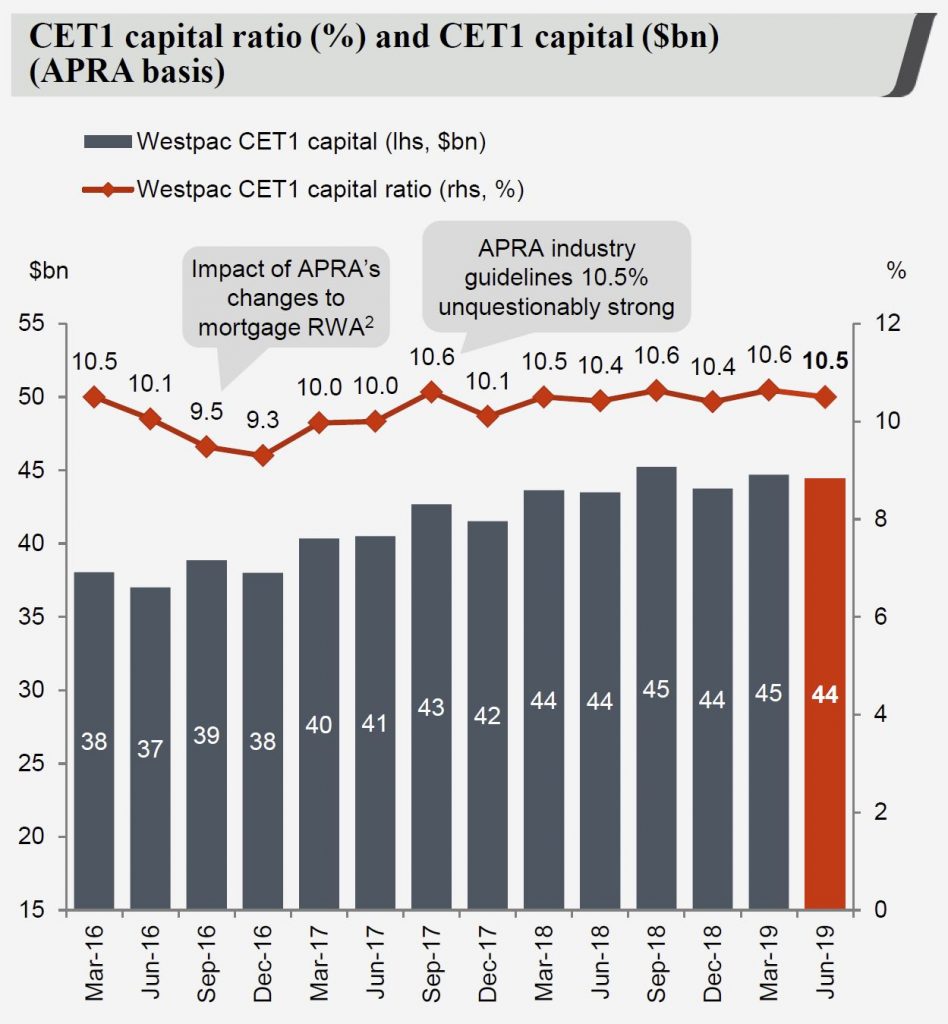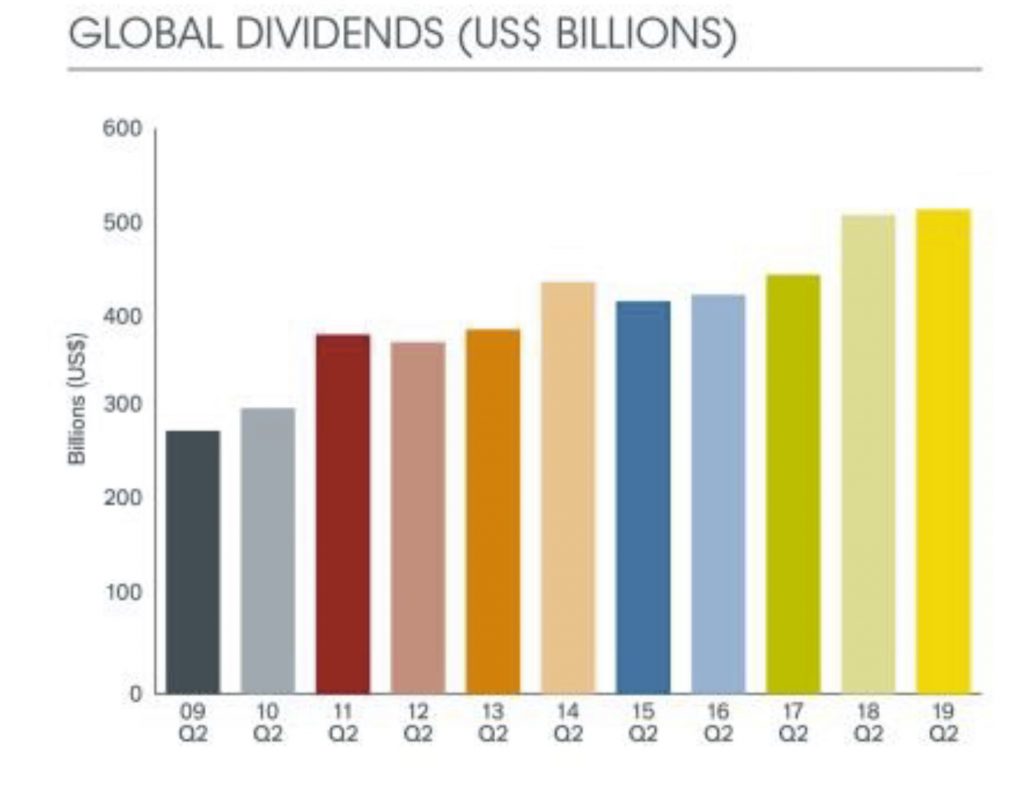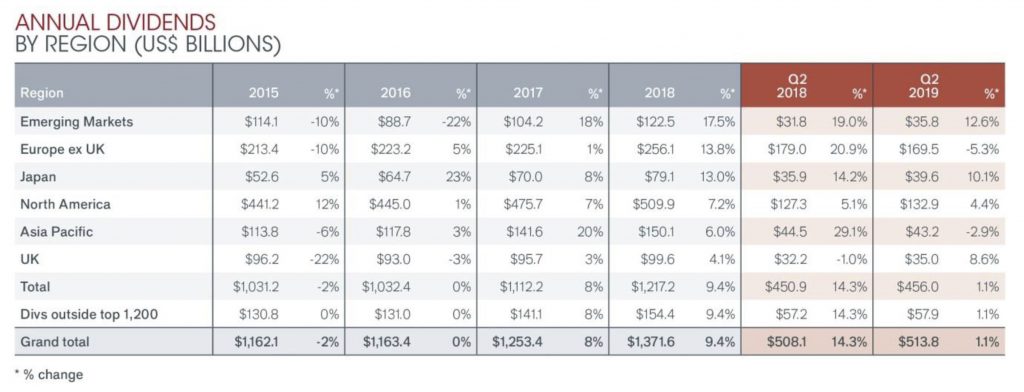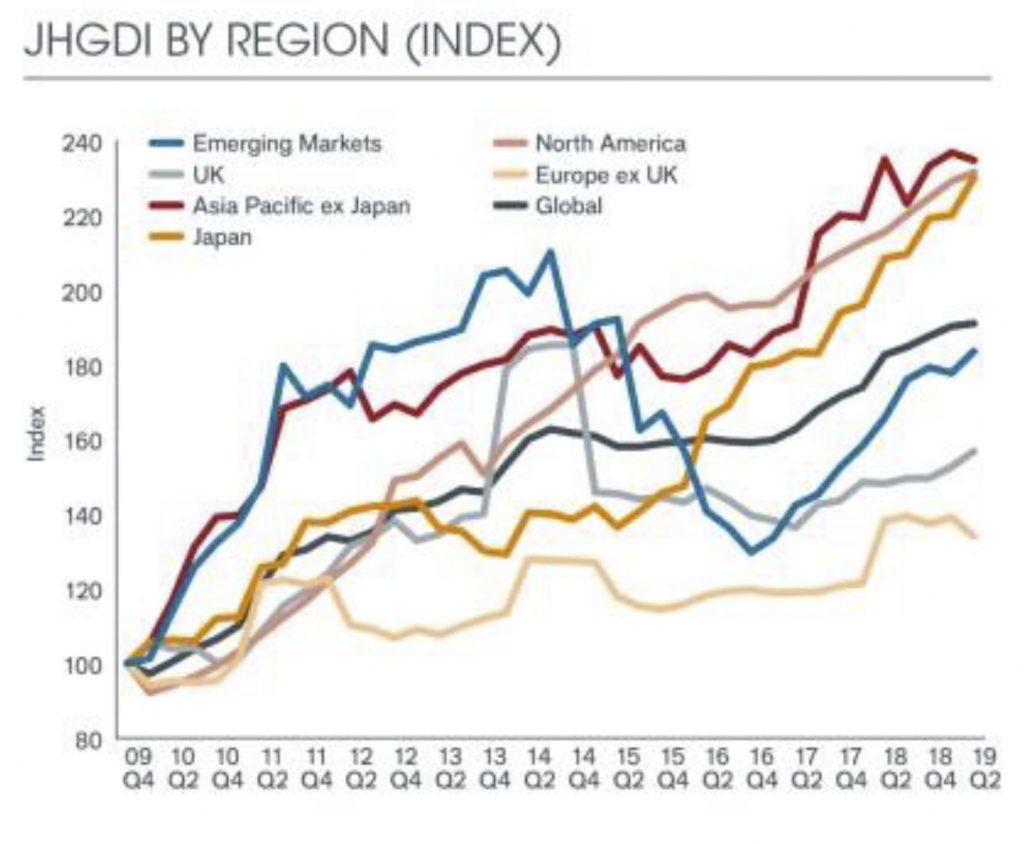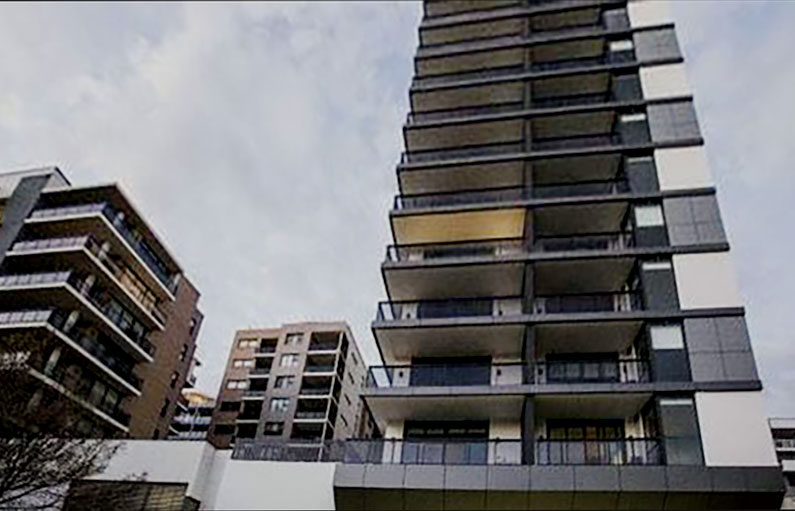Australia’s apartment sector is reaping the costs of a “poorly oversighted industry with a lack of competence and, in some cases, a lack of integrity”, says the author of a landmark report into Australia’s building industry. From The New Daily And ABC.
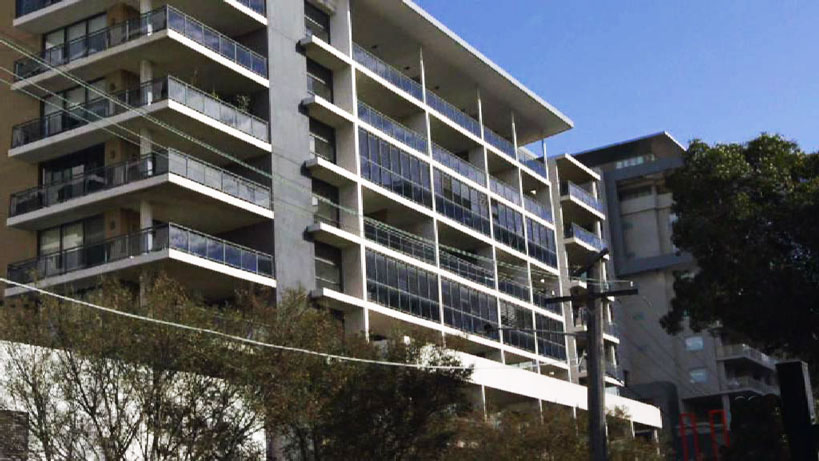
Bronwyn Weir has told an ABC Four Corners special investigation into the apartment construction industry that “commercial imperatives have really overtaken public interest” and that the industry was in crisis.
Ms Weir who, with former senior public servant Peter Shergold, co-wrote the landmark Building Confidence report, found widespread noncompliance and dysfunction in Australia’s apartment construction industry.
The Shergold-Weir report, released in February 2018, made 24 recommendations including a crackdown on private certification of buildings and registration of every person involved in the construction process.
The report has come into even sharper focus after some high-profile high-rise failures in Sydney and Melbourne, and hundreds of buildings discovered to have dangerous flammable cladding.
Ms Weir said given her knowledge of industry practice over recent years, she would never buy a newly built apartment.
“If I was going to be investing in an apartment, I’d buy an older one. It’s common sense, isn’t it? It’s just logical,” Ms Weir told Four Corners.
The ABC investigation comes only months after the evacuation of Sydney’s Opal and Mascot towers due to faults, and on the same day as a report by the nation’s leading construction union that found fixing the country’s residential apartment block defects could exceed $6.2 billion.
The Shaky Foundations: the National Construction Crisis report, commissioned by the Construction, Forestry, Maritime, Mining and Energy Union (CFMMEU) with analysis done by Equity Economics, found the “costs of failure are piling up” and that Australia’s building industry had reached “crisis point”.
Another study of apartment building defects by Deakin and Griffith universities found 97 per cent of buildings examined in NSW had at least one defect in multiple areas, while the figure in Victoria was 74 per cent, and in 71 per cent in Queensland.
Together, the findings together with recent structural failures and flammable cladding saga paint a picture of an industry in crisis – a crisis that politicians seem unwilling – or unable – to tackle.
One of the authors of that report, Nicole Johnston, told Four Corners that defects were “very common” nationwide.
“We have got a real problem here,” Dr Johnston said.
“It’s systemic, and it’s infecting lots of buildings across the landscape in all parts of the country. It’s very clear, it’s very prominent and we have a serious problem here.”
Ms Weir told Four Corners that noncompliance within the industry had become “particularly bad … in the last 15 to 20 years”, which had left a huge legacy of sub-standard buildings.
“It’s gotten worse over that period. And that means there’s a lot of existing building stock that has defects in it,” Ms Weir told reporters.
Ms Weir advised anyone thinking of investing in apartments should consider something built five or more years ago.
“You would like to think that if there are major issues with that building, they’ll have started to show,” Ms Weir said.
“So I think if people are looking at investing, there are ways to do good due diligence. Buying off the plan is a really tricky proposition at the moment.”
Politicians watered down reforms
A meeting of building ministers in July committed to implementing the reforms made in the Shergold Weir Report, but Ms Weir said those changes could not remedy the existing stock that had been built over several decades.
“The existing building stock is what it is. We have hundreds of thousands of apartments that have been built across the country over the last two, three decades,” she told the program.
“[The new reforms] won’t improve existing building stock, unfortunately. So there’ll be legacy issues for some time and I suspect there’ll be legacy issues that we’re not even fully aware of yet.”
Deakin’s Dr Johnston told the program that previous calls for reform had gone largely unheeded.
“People have been jumping up and down about this for years and years and years,” Dr Johnston said.
“There’s been lots of committees formed, there’s been lots of task forces, there’s been lots of consideration around these, but really nothing has happened.”
In 2017, NSW did try to propose a bill to police dangerous or non-confirming building products, similar to laws in force in Queensland.
Executive officer at the Building Products Industry Council Rodger Hills said the draft bill was shown to industry leaders, who felt it was even better than the Queensland equivalent.
But by the time the bill entered Parliament, it had been “absolutely gutted”.
“We counted up about 80 clauses that had been pulled out of the documentation,” he told the program.
Engineers Australia chief executive Peter McIntyre said there was a “crisis of confidence” in the industry that needed to be fixed urgently.
“There’s concern among organisations like ours, Engineers Australia, so this is a pivotal time to take action and fix it,” Mr McIntyre said.

